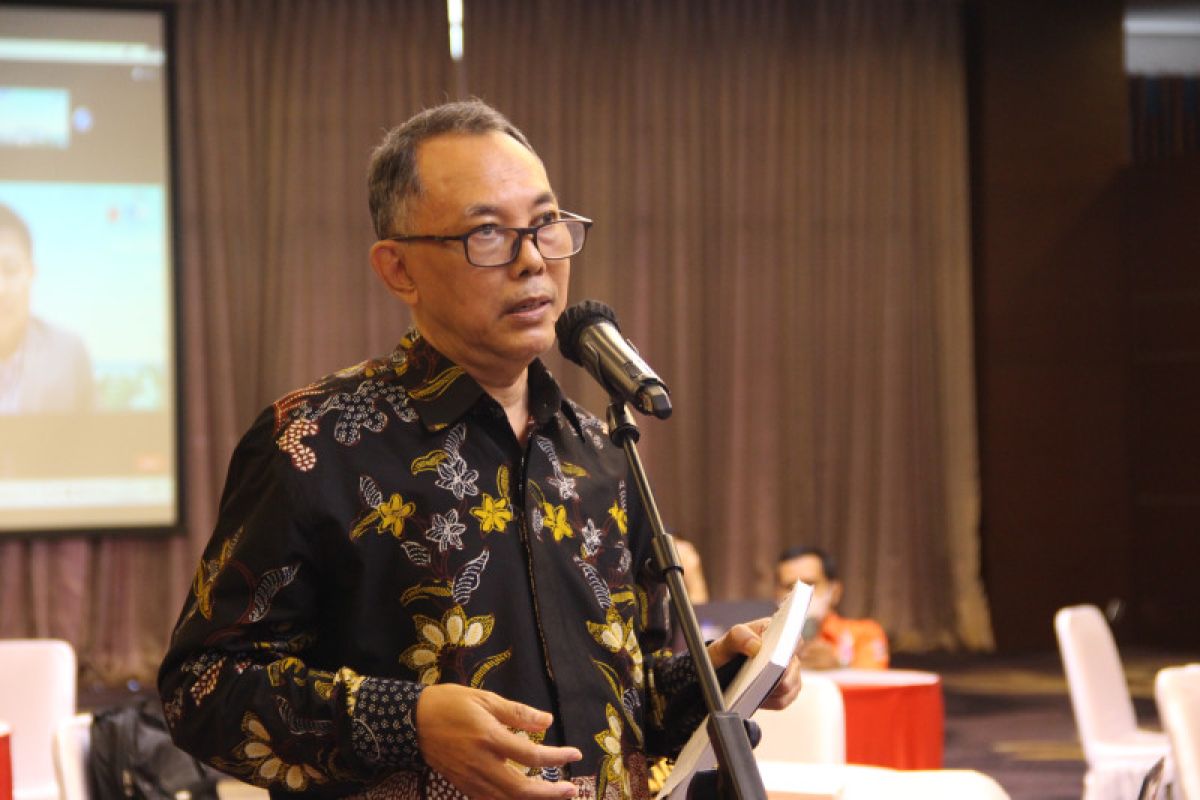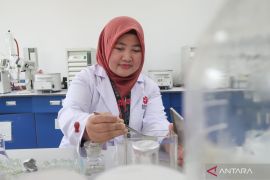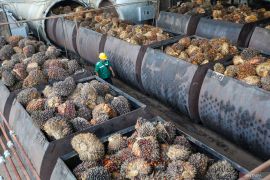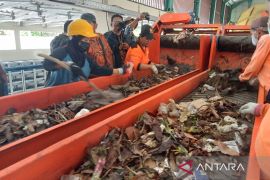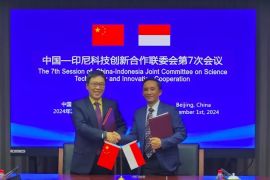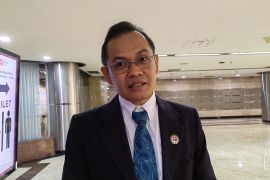Various efforts are needed to answer the existing challenges to achieve clean, healthy, and productive oceans around small islands.Jakarta (ANTARA) - The National Research and Innovation Agency (BRIN) has called for national and international cooperation and research to realize the goal of making oceans around small islands clean, healthy, resilient, and productive.
"The research team is targeting a short-term goal, which is the establishment of multidisciplinary research networks and cooperation, both nationally and internationally," a researcher at BRIN's Community and Culture Research Center, Agus Heri Purnomo, informed during a workshop on the "Study of Small Islands" here on Thursday.
Researchers will also push for ensuring the availability of scientific information, which can be used as the basis for formulating policies on the sustainable use of marine resources within the framework of the blue economy, and as Indonesian researchers' contribution to the “Decade of Ocean Science,” he said.
The “International Decade of Ocean Science for Sustainable Development or the Decade” seeks seven outcomes by 2030, namely oceans that are clean, healthy, resilient, productive, predicted, safe, accessible, inspiring, and engaging.
BRIN held the workshop on the study of small islands as part of the Decade agenda.
The workshop sought to build partnerships between governments, entrepreneurs, and researchers or academicians to design collaborations to make oceans clean, healthy, and productive.
He said that currently, cooperation with several parties is being planned, including state-owned publisher Balai Pustaka and the Indonesian Maritime Foundation, for ocean literacy.
The funding proposal submitted to the United Nations Educational, Scientific and Cultural Organization (UNESCO), the United Nations Development Programme (UNDP), and local governments is also under process.
In addition, engagement efforts are being intensified with regional research partners, such as the Korea Indonesia Marine Technology Office.
An island is considered small if its area is no more than or equal to two thousand square kilometers. In Indonesia, the number of small islands is higher than large islands.
"Various efforts are needed to answer the existing challenges to achieve clean, healthy, and productive oceans around small islands," Purnomo said.
Related news: Semarang city picked for USAID's 'Clean Cities, Blue Ocean' program
Related news: Four social institutions launch pilots to tackle marine debris
Translator: Martha S, Kenzu T
Editor: Rahmad Nasution
Copyright © ANTARA 2022
